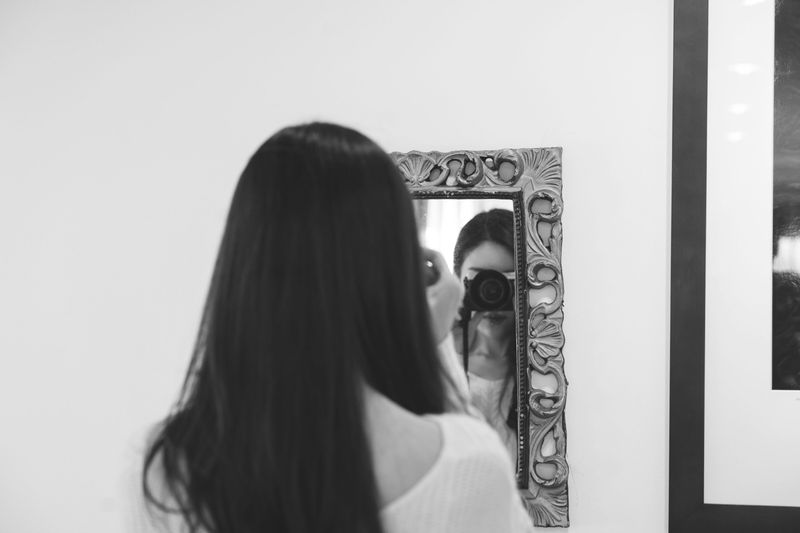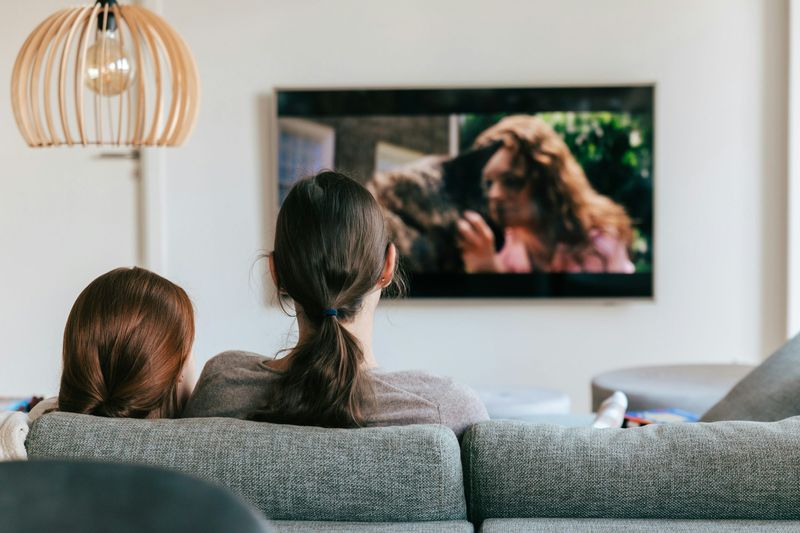If You Relate to These 15 Habits, You Might Be Lonelier Than You Think

Loneliness can sneak up on us in unexpected ways. Sometimes we develop habits that seem harmless but actually signal a deeper sense of isolation. Recognizing these patterns is the first step toward building more meaningful connections and improving our emotional well-being.
1. Scrolling Through Social Media for Hours

Spending endless hours scrolling through feeds might seem like staying connected, but it often creates the opposite effect. When you watch others live their lives through a screen, you’re not actually participating in genuine interactions.
Social media can become a substitute for real relationships. It gives a temporary sense of connection without the depth that face-to-face conversations provide. You might feel informed about everyone’s lives, yet still feel completely alone.
Breaking this habit means setting boundaries with your devices and seeking out real-world interactions instead.
2. Playing Video Games to Escape Reality

Gaming offers an exciting world where you can be anyone and accomplish incredible things. But when it becomes your primary way to spend time, it might be masking deeper feelings of disconnection.
Virtual achievements feel satisfying in the moment, yet they don’t replace the fulfillment that comes from real human bonds. Many people turn to gaming marathons when they feel isolated, creating a cycle that’s hard to break.
Balance is key—enjoying games is fine, but make sure you’re also investing time in relationships outside the screen.
3. Making Small Talk Instead of Real Conversations

Surface-level chats about weather and weekend plans are easy and comfortable. However, constantly keeping conversations shallow prevents you from forming the deeper connections your heart craves.
Real relationships require vulnerability and honesty. When you always stick to safe topics, you’re protecting yourself from potential rejection but also blocking genuine intimacy.
Challenge yourself to share something personal next time. Opening up, even just a little, can transform an acquaintance into a true friend who actually understands you.
4. Working Constantly to Stay Busy

Burying yourself in work projects and overtime hours might feel productive, but it can be an avoidance strategy. When every moment is filled with tasks, you don’t have to face the quiet moments that reveal how lonely you actually feel.
Overworking becomes a badge of honor in our culture, making it easy to justify. Yet at the end of the day, accomplishments can’t hug you back or listen when you need support.
Finding work-life balance isn’t just about rest—it’s about making space for the relationships that truly matter.
5. Being Extremely Critical of Yourself

That harsh inner voice telling you you’re not good enough or that nobody would want to know you creates a self-fulfilling prophecy. Negative self-talk reinforces feelings of unworthiness and keeps you from reaching out to others.
When you constantly judge yourself, you assume others are doing the same. This belief makes you withdraw and hide parts of who you are, preventing authentic connections from forming.
Treating yourself with the same kindness you’d offer a friend can change everything. Self-compassion opens the door to letting others in.
6. Avoiding New Activities and Experiences

Staying in your comfort zone feels safe, but it also keeps you stuck in the same lonely patterns. When invitations come your way, finding reasons to say no becomes automatic.
New experiences bring opportunities to meet different people and discover shared interests. Every time you decline, you’re closing a potential door to connection and friendship.
Start small—accept one invitation this week, even if it feels uncomfortable. Growth happens at the edge of what feels familiar, and that’s where new relationships bloom too.
7. Texting Instead of Meeting Face-to-Face

Digital communication is convenient and feels easier than real meetings. Texts and emojis let you stay in touch without the vulnerability that comes with seeing someone in person.
But something important gets lost through screens. Body language, tone of voice, and the warmth of physical presence create bonds that typed messages simply cannot replicate, no matter how many heart emojis you use.
Make plans to see people in real life. Coffee dates and walks together build the kind of closeness that helps loneliness fade away.
8. Replaying Conversations Over and Over

Did you know? Overanalyzing brief social exchanges for hours afterward often signals a hunger for deeper connection. When you replay every word someone said, searching for hidden meanings, it reveals how much those interactions matter to you.
This mental habit exhausts you and creates anxiety around future social situations. You become so focused on what you said wrong that you miss opportunities to enjoy present moments.
Try writing down your thoughts instead of cycling through them endlessly. This helps release the mental loop and brings peace.
9. Keeping Good News to Yourself

Something wonderful happened, but you immediately think nobody would care to hear about it. This hesitation to share joy is a significant red flag for loneliness.
Celebration is meant to be communal. When you believe your happiness doesn’t matter to anyone else, it reflects a painful sense of disconnection from the people around you.
Sharing your wins, even small ones, invites others into your life. Most people actually love hearing good news—it gives them a chance to support and celebrate you.
10. Feeling Invisible in Crowded Rooms

Being surrounded by people yet feeling completely unseen is one of the most painful forms of loneliness. You watch conversations happen around you while feeling like you’re behind an invisible wall.
This sensation often stems from believing you don’t belong or that your presence doesn’t matter. Even in groups, the disconnection feels overwhelming and isolating.
Start by making eye contact and smiling at one person. Small gestures of engagement can break through that invisible barrier and help you feel present again.
11. Always Agreeing to Keep the Peace

Saying yes when you mean no and hiding your true opinions might seem like the way to maintain connections. However, people-pleasing actually prevents real intimacy from developing.
When you constantly prioritize what others want, you become invisible in your own relationships. People know the mask you wear, not the person underneath, leaving you feeling fundamentally alone even with friends.
Expressing your authentic thoughts and preferences lets people know the real you. True connection requires showing up as yourself, not as who you think others want.
12. Binge-Watching Shows Until Dawn

One more episode turns into an entire season before you realize the sun is coming up. Binge-watching provides entertainment and distraction, but excessive viewing often fills the void left by missing human connection.
Stories on screen give you characters to care about without the risk of real relationships. You invest emotionally in fictional lives while your own social connections remain underdeveloped.
Set limits on viewing time and use those hours to reach out to someone instead. Real friendships create stories worth living, not just watching.
13. Shopping Online When Feeling Down

Retail therapy offers a quick mood boost when loneliness hits. Clicking purchase gives a momentary rush of excitement and the anticipation of packages arriving provides something to look forward to.
But material things can’t fill emotional needs. The temporary happiness fades quickly, often replaced by guilt or emptiness, creating a cycle that leaves you feeling even more isolated.
Next time you feel the urge to shop, call a friend instead. Sharing your feelings with someone who cares provides lasting comfort that no package ever could.
14. Canceling Plans at the Last Minute

You made plans with genuine intention, but as the time approaches, anxiety takes over. Suddenly, staying home feels safer than facing social interaction, so you send that familiar cancellation text.
This pattern protects you from potential awkwardness but also reinforces isolation. Each cancellation makes the next one easier and rebuilding social confidence harder.
Push through the discomfort sometimes. Often, once you actually show up, the anxiety fades and you remember why human connection matters so much to your well-being.
15. Talking More to Pets Than People

Pets offer unconditional love and judgment-free companionship, making them wonderful friends. However, when your pet becomes your primary conversational partner, it might indicate you’re avoiding human connection.
Animals provide comfort but can’t meet all your social and emotional needs. Relying exclusively on pets for companionship leaves important parts of your social self undeveloped and unfulfilled.
Your pet is a beautiful addition to your life, not a replacement for human relationships. Balance both types of connection for complete emotional health and happiness.

Comments
Loading…